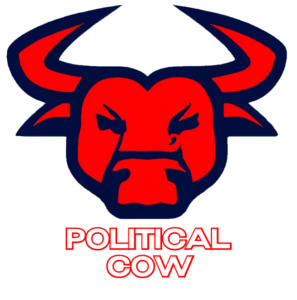📊 Title: 🚨 Crisis Relief Update: U.S. President’s Action on Gaza Aid Delivery
🌐 *Partner Links*
🚨 Your connection is EXPOSED – 68% of NordVPN https://www.tkqlhce.com/click-100934786-14471514
💡Biden executive order to impact 60m Americans!
http://politicalcow.com/ad/live.php?a=alive
📖 Description:
Statement issued by the President of the United States addresses the delivery of humanitarian aid to Gaza following a terrorist attack by Hamas on October 7. The President acknowledges the diplomatic efforts involved and expresses gratitude to leaders such as President Al-Sisi of Egypt and Prime Minister Netanyahu of Israel, as well as the United Nations, for allowing the resumption of humanitarian assistance.
The statement emphasizes the commitment to ensuring that aid reaches civilians in Gaza without diversion by Hamas and mentions ongoing efforts to keep the Rafah crossing operational for aid movement. Additionally, the President mentions efforts to facilitate the safe exit of U.S. citizens and their immediate family members from Gaza through cooperation with Egypt and Israel.
📱 [Follow Us]
Stay connected for more thought-provoking discussions and behind-the-scenes updates:
🔸 Twitter: https://twitter.com/PoliticalCow
🔸 TikTok: http://tiktok.com/politicalcow
🔸Instagram: http://instagram.com/politicalcow/
🔸Visit our website for additional resources and articles: https://politicalcow.com
🚨 [Disclaimer]
The information provided in this video is for educational, informational and entertainment purposes only. We are not financial advisors, and all investment decisions should be made with professional guidance. Affiliate links help support our channel at no additional cost to you. Thank you for your support!
#Politics #Finance #Investments #satire
Thank you for watching!

